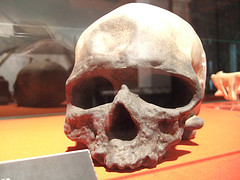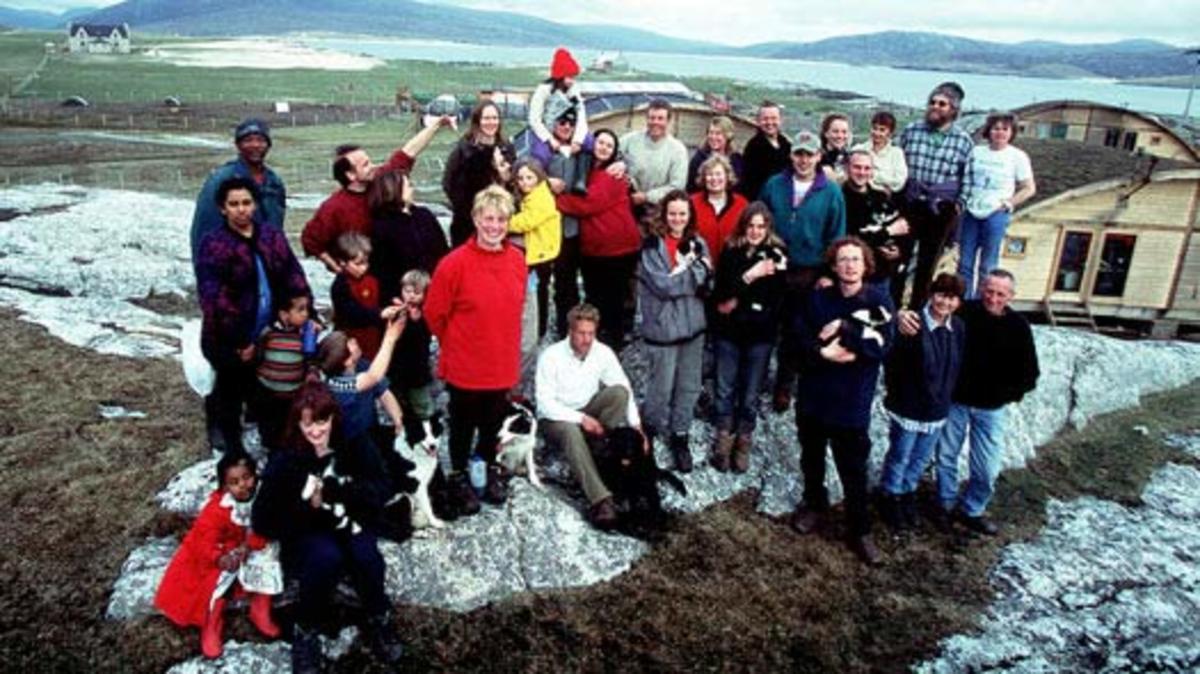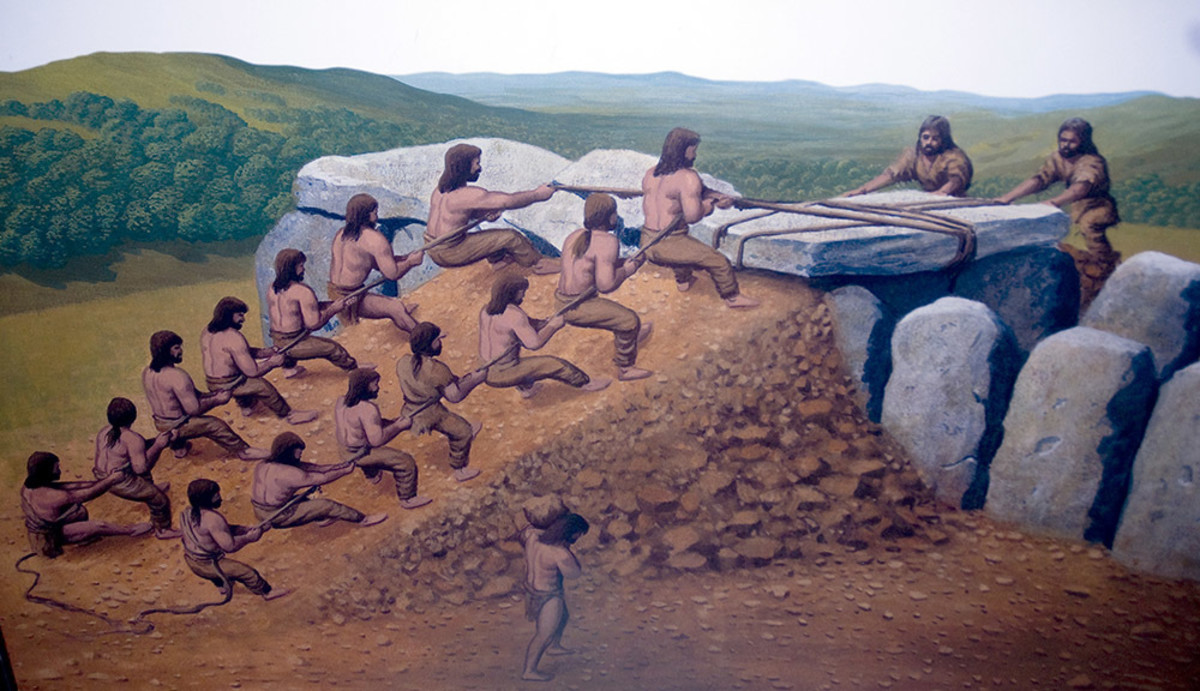Neanderthals from the British Stone Age

The term Neanderthals is used to describe some of the first known inhabitants in Britain. These big, gruff, hairy men were said to differ from modern Homo sapiens with their rough exterior, large bone structure, wide noses, and large teeth (DK Publishing, 2011). Over the years, we have referred to them as cavemen, barbarians, and ape men. The term Neanderthal has come to represent a person who is stupid or incompetent; they are thought to be all muscle with absolutely no brains. The images drawn up of the species are very irregular and feature people with big heads and eyes who are shorter than the modern person by about two feet. They usually have big crooked teeth and awkward and sometimes fat lips. If judging by appearance alone, they look pretty ignorant.
If Neanderthals were all ignorant, they did an excellent job making up for the lack of intelligence with their hunting and scavenging abilities. Their lifestyles were dangerous and only the strongest of the strong survived the bitter cold. Fearsome predators roamed the icy landscape during the Old Stone Age, and Neanderthals and Nomads are said to have met them as equals on the battlefield.

Tell us what you think...
Did Neanderthals exist?

Neanderthals are categorized as a completely different species that modern humans. There is much debate on whether Neanderthals were extinct prior to our existence, or whether they existed at all. Scientific studies have turned up evidence throughout the years of the skeletal remains; the results tell lead them to feel certain that these events took place before the birth of Christ.
Many scientists only believe in what can be seen and proven. Some find it difficult to show faith and belief in something that they cannot explain or fully understand. They are focused on facts and evidence from different test and research. According to some studies of the earth, historic remains, various bones, weaponry, and other items, the timeline dates back to before the existence of Christ. Of course these studies conflict with some common religious beliefs.
Creationists are taught to believe that “the Genesis account of creation is to be accepted literally, not allegorically or figuratively; that man was created directly in God's own image and was not a matter of evolution or evolutionary change of species; that all animal and vegetable life was an intentional and voluntary act on the part of God (Genesis 1-2). Some believers also hold strongly to the knowledge that before God’s creations, there was nothing in existence.
"I am the Alpha and the Omega, the first and the last, the beginning and the end." --Revelations 22:13
Neanderthals ceased to exist when the southern section of Britain was separated from the main landmass due to rising sea levels. Apparently, the temperature dropped eliminating all inhabitants in Britain and the continent wasn’t fit for settlement until it warmed some 10,000 years later (DK Publishing, 2011).
Predators of Viking Times: 795-1050 AD
Mammoths are among the predators that Neanderthals would hunt for food and weapons. The mammoth’s huge tusk was extremely useful as a tool for crafting, as well as, a variety of different weapons, horns, and jewelry. These massive creatures are now extinct; partly due to the amount of hunting and the rest lies in the vast change in temperature of their homeland. Food became scarce and eventually they were hunted to extinction.
Resources
University of Southampton (2010, June 1). Neanderthals walked into frozen Britain 40,000 years earlier than first thought, evidence shows. Science Daily. Retrieved November 12, 2011, from http://www.sciencedaily.com/releases/2010/06/100601124124.htm
Our Beliefs. (2011). Retrieved November 13, 2011 from http://fbt.org/#/new-to-fbt/our-beliefs.
DK Publishing. 2011. History of Britain & Ireland. ISBN: 9780756675554.









